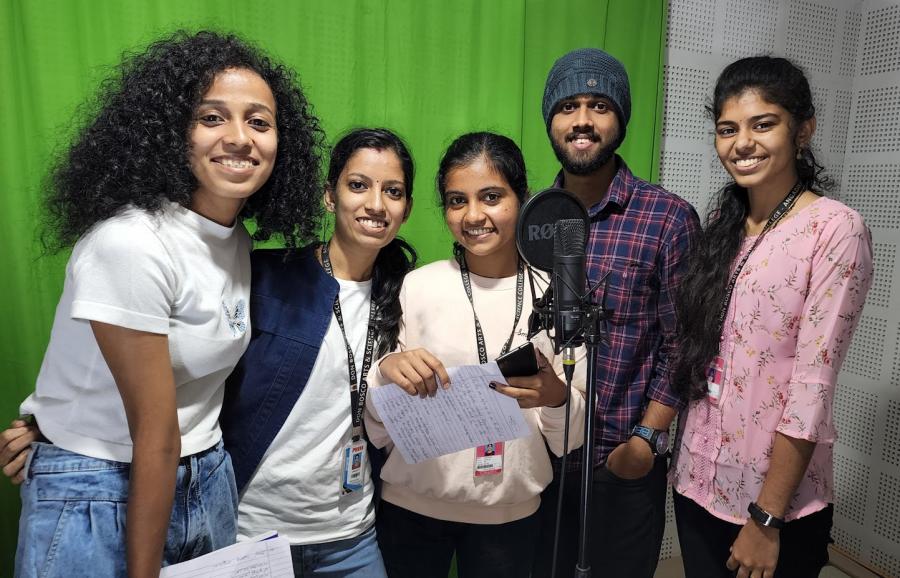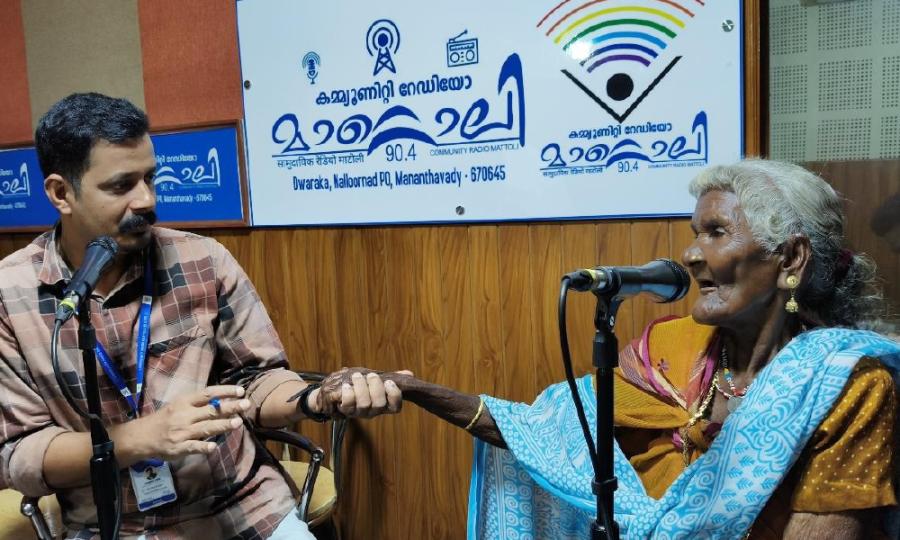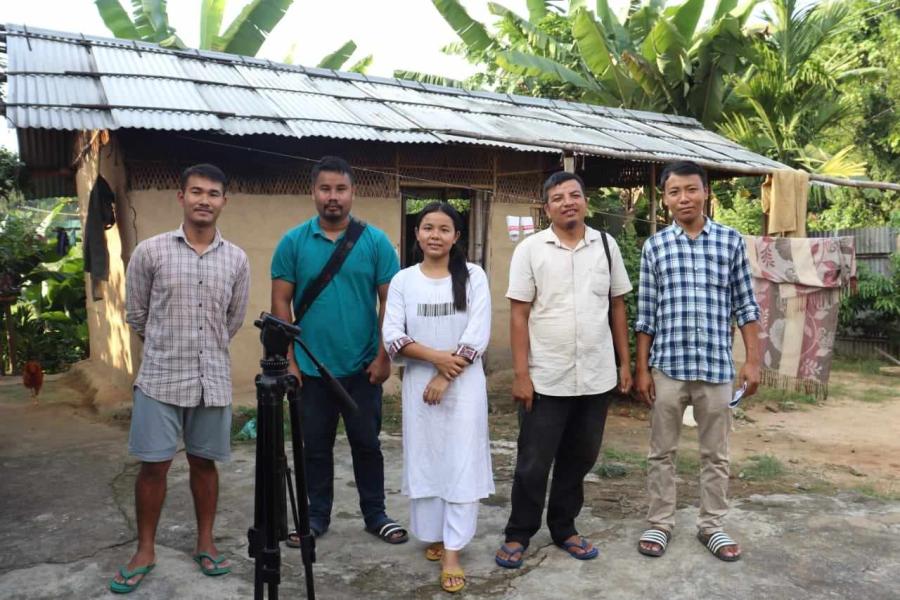Indigenous peoples living in Aceh province in Indonesia, and in the Andaman and Nicobar Islands, Tamil Nadu, and Kerala in India, were among the many victims of the tsunami that devastated the coastlines of 12 Indian Ocean countries without warning the day after Christmas. That disaster produced an unprecedented humanitarian response, described by Jan Egeland, the United Nations Emergency Relief Coordinator, as "remarkably, perhaps singularly, effective, swift, and muscular." A predicted second wave of death and disease from hunger, exposure, and lack of sanitation was averted by the rapid, well-coordinated, and generous international humanitarian response.
Thousands of miles away, in the sweltering deserts of western Sudan, an equally devastating tragedy—one for which there was plenty of warning—awaits similar attention. Since 2003, the Fur, Masalit, Zaghawa, and other African peoples have been the target of a scorched-earth campaign operated by the Sudanese government and an ethnic Arab militia. To date, tens of thousands have died and nearly 2 million have been forcibly displaced. Rape, looting, and the destruction of property are the norm. Yet meaningful humanitarian assistance has not been forthcoming. In December, Egeland raised the ire of the Bush administration by accusing wealthy countries of being "stingy" in meeting the needs of poor countries in recent years. In January, at a Security Council briefing on Africa's humanitarian problems, The New York Times reports that Egeland asserted that "it is beyond me … why [the United Nations] is not getting the resources we need [to save hundreds of lives in Africa]."
Why does one cause of human suffering inspire so much compassion and generosity while another provokes indifference? Is a massive wall of water arising suddenly from the sea somehow more comprehensible than a government-sponsored assault directed against civilians (as the United Nations International Commission of Inquiry on Darfur found)? Is the terrible suffering of civilians as a result of a natural disaster somehow more worthy of an international response than that caused by a war that they neither participate in nor support?
The Need is Urgent in Both Asia and Darfur
Indigenous and tribal peoples in both the tsunami-devastated countries and Darfur have similar needs. According to the United Nations Permanent Forum on Indigenous Issues, many of the indigenous peoples who survived the tsunami were displaced from their natural habitats. Others live in such remote areas that they have not had adequate access to humanitarian services. In Darfur, the millions of displaced persons are congregated far from their homes in barren, makeshift desert camps, where they face massive shortages of food, clean water, and minimally adequate health care.
International efforts to ensure that all of these peoples receive adequate culturally appropriate humanitarian aid needs to continue, even after the news coverage about their respective plights fades. Such aid should not be conditioned on whether or not they are living in a conflict zone. Nations, too, must do their part to ensure that aid gets to all those in need. The Sudan government’s interference with international relief to suffering civilians in Darfur has been the subject of numerous news reports. Since the tsunami, human rights groups publicized their fears about Indonesia's restrictions on international aid delivery to war-torn Aceh province, and about its plan to relocate more than 100,000 homeless people from Aceh to semi-permanent camps controlled by the military. Indigenous rights groups have expressed concerned that India will take advantage of the suffering of Native peoples on the Andaman and Nicobar Islands to gain greater control over indigenous-held lands and resources, and Human Rights Watch has complained that aid delivered in Tamil Nadu state has been managed in a way that discriminates against Dalits ("untouchables"). Such conduct is unconscionable. Under no circumstances should a state take advantage of dire civilian suffering to achieve other political or military goals.
Traditional Knowledge Can Help Prevent Disaster
In the days and weeks following the tsunami, reports described how several relatively uncontacted indigenous populations living in the Andaman and Nicobar islands anticipated the wave and safely relocated to higher ground before it struck. The U.N. Permanent Forum on Indigenous Issues further found that some tsunami-impacted indigenous peoples managed to survive because of traditional resource management practices which conserved mangrove forests.
One of the greatest losses from the modern mono-cultural "tsunami" is the demise of alternative forms of human understanding and behavior. In our zeal to spread one unifying global culture, we have lost sight of the value of difference. Indigenous peoples' anticipatory or preparatory responses to the December tsunami are testament to the fact that modern science still has much to learn from the heightened environmental awareness that many indigenous peoples possess. Perhaps that knowledge contains answers that will prevent a future tsunami from causing similar devastation, or fresh modalities for resolving conflict before it erupts into a destructive civil war.
As the Permanent Forum stresses, as the international community and states develop plans and programs for reconstruction and rehabilitation in the wake of December's tsunami, it is imperative that indigenous communities and organizations are made full partners, and that their "traditional knowledge, resource management systems, and vision of development toward sustainable recovery programs" are heeded. The same is true for the reconstruction and rehabilitation that will be needed in war-torn Darfur. As the world strives to put in place additional regional mechanisms for surveillance, early warning, and prevention of future tsunamis, we would do well to humbly seek input from the Onge, Sentinelese, and other indigenous populations who came through the ordeal relatively unscathed.



